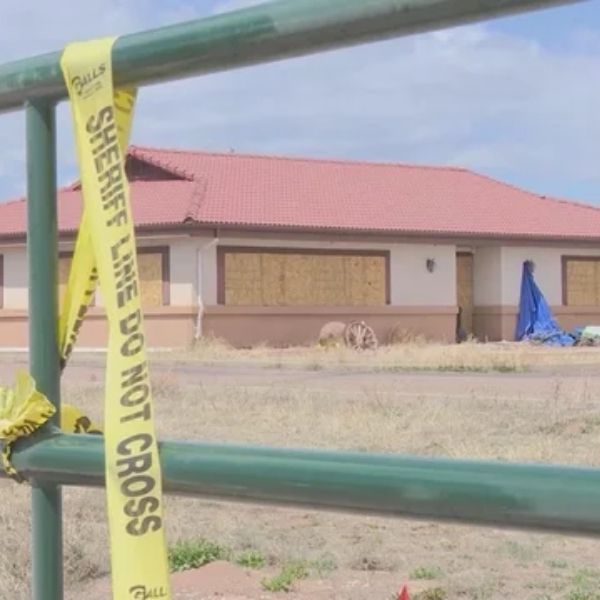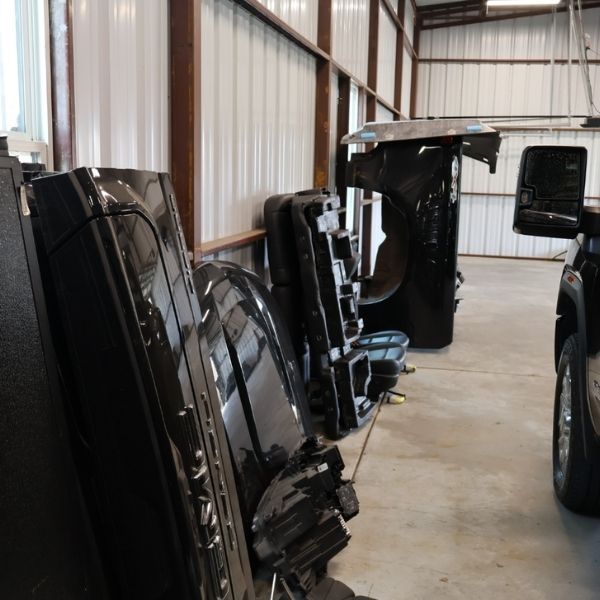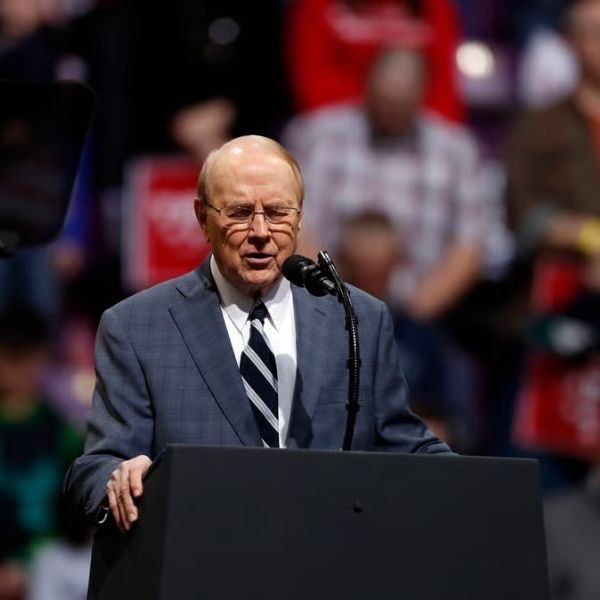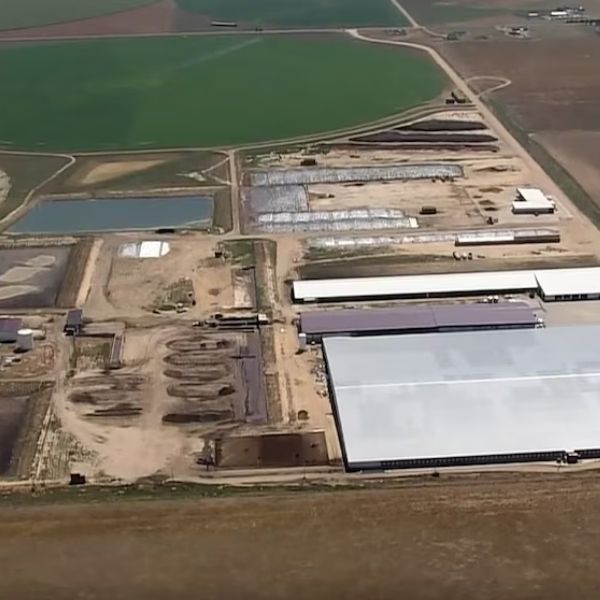Colorado Gov. Jared Polis opened the 2025 Summer Colorado Water Congress Conference at the Steamboat Grand Hotel, leading a panel titled “Our Washington Leadership’s Forecast for Water’s Future.”
Speaking to a packed Grand Ballroom, Polis was joined by U.S. Rep. Joe Neguse and U.S. Sens. John Hickenlooper and Michael Bennet. The panel discussed federal water funding, watershed health, wildfire impacts, and state-federal collaboration amid shrinking resources and staffing challenges.
“What a great way to bring together our water community to discuss and debate practical solutions to our challenges,” Polis said. “That’s how we get there, by talking across basins across the state. We are deeply committed to making sure Colorado remains a leader for the region, nation, and, indeed, the world when it comes to water.”
Polis acknowledged Colorado’s growing challenges — from climate change and population growth to pressure from downstream states, legal uncertainty, and an intense fire season — all of which were central topics of discussion.
Colorado River Information Hub Launch
Polis announced the debut of a new website, www.coloradoriver.com, calling it “a complete online hub for the Colorado River Basin.”
The site highlights that the Colorado River supports two countries, seven states, 30 tribes, and 40 million lives. It features educational tools, maps, snowpack data, policy updates, and other resources dedicated to water conservation and management.
Key Water Challenges & Policy Priorities
Polis also addressed:
-
The Colorado Water Plan and ongoing funding shortfalls
-
Wildfire recovery and its impact on watersheds
-
Support for agricultural producers
-
Beaver conservation efforts to improve ecosystems
-
Combating invasive zebra mussels threatening local water systems
He highlighted the “Ten Strategies to Protect Irrigated Agriculture” report and emphasized the effort to purchase and preserve the Shoshone water rights on the Colorado River, calling it a “once-in-a-lifetime opportunity” to secure water for the Western Slope.
Regarding Nebraska’s recent water rights lawsuit, Polis said:
“Make no mistake, Colorado has always faithfully upheld our interstate commitments and obligations, and we are fully prepared to defend our water rights.”
Collaboration Is Key
The panel with Hickenlooper, Bennet, and Neguse focused on:
-
Ensuring tribal nations receive their fair share of Colorado’s water
-
Overcoming barriers to increasing storage capacity
-
Navigating drought-related shortfalls under the 1922 Colorado River Compact
-
Addressing the importance of the river’s agricultural and food supply impact nationwide
Hickenlooper emphasized that resolving water disputes requires negotiation, not litigation:
“If we don’t find a legitimate seven-state solution, it will ultimately get litigated and go to the Supreme Court. We have all the tools we need to sit down and figure this thing out.”
Neguse praised Colorado’s bipartisan approach to agriculture and water policy:
“We’re lucky to have two senators who are incredibly good at building coalitions. There’s a lot happening on a bipartisan basis when it comes to agriculture and water.”
Hickenlooper concluded by stressing the importance of protecting rivers:
“Free-flowing waterways are one of the greatest ways human beings can appreciate the enormity of water in our lives.”
The overall takeaway from the conference was clear: collaboration, innovation, and proactive planning are essential to protecting Colorado’s water future while ensuring sustainable growth, thriving ecosystems, and fair access for all.
This article has been carefully fact-checked by our editorial team to ensure accuracy and eliminate any misleading information. We are committed to maintaining the highest standards of integrity in our content.

Katie is a senior who has been on staff for three years. Her favorite type of stories to write is reviews and features. Katie’s favorite ice cream flavor is strawberry.















Leave a Reply